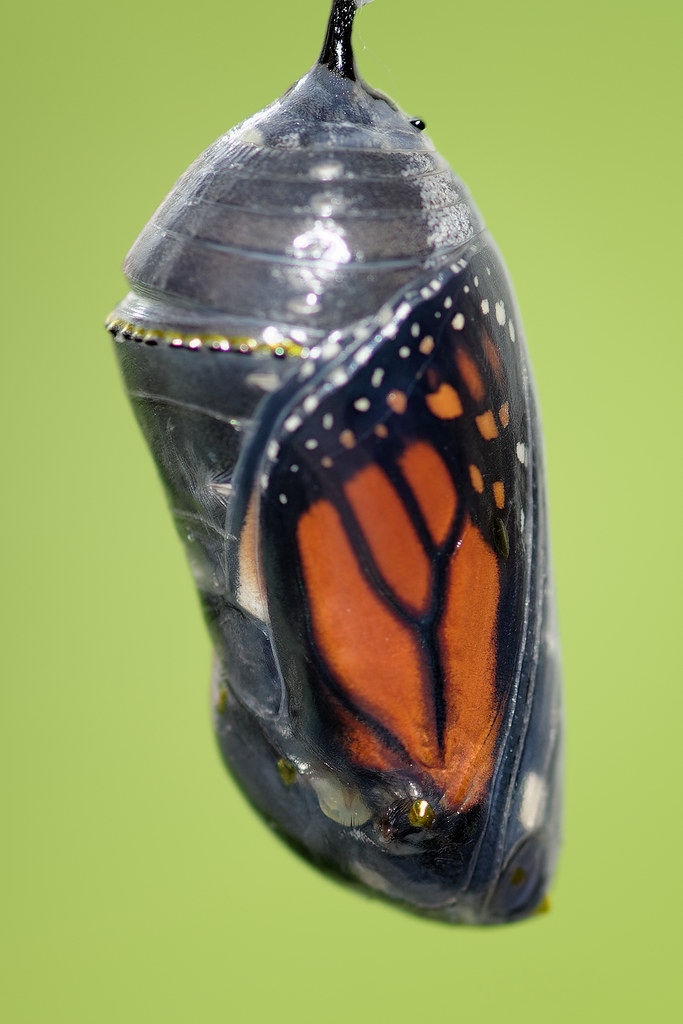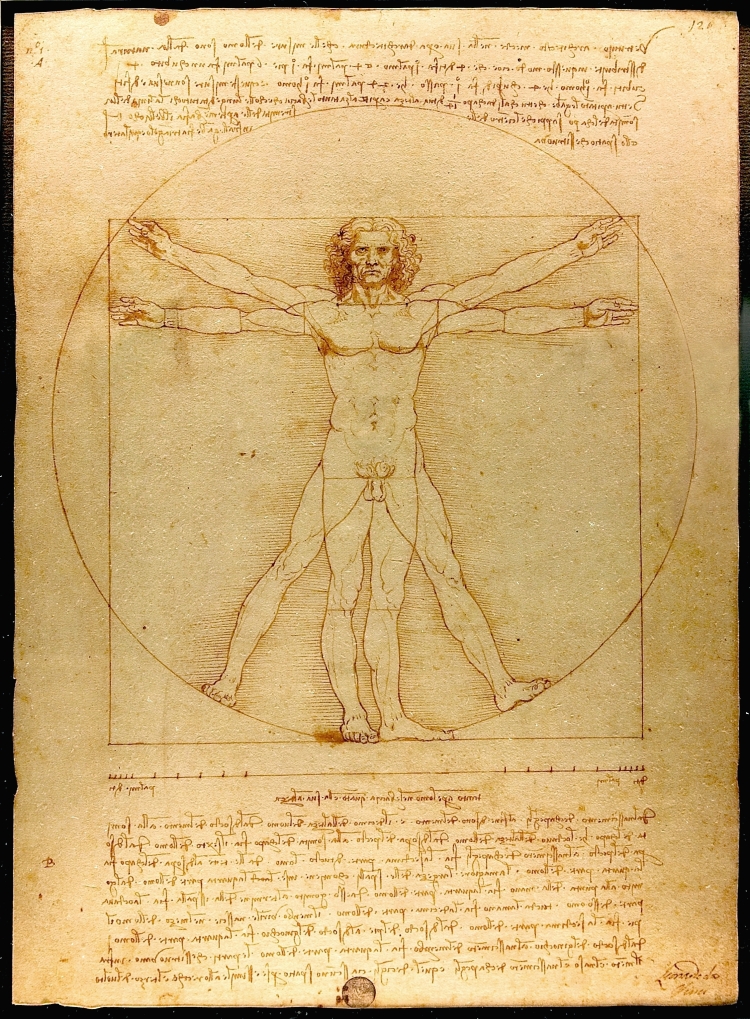Another opposition in which metaphysics is entangled is that of chance and necessity. What can be more sharply contradictory than these two thought determinations? How is it possible that both are identical, that the accidental is necessary, and the necessary is also accidental? Common sense, and with it the majority of natural scientists, treats necessity and chance as determinations that exclude each other once for all. A thing, a circumstance, a process is either accidental or necessary, but not both. Hence both exist side by side in nature; nature contains all sorts of objects and processes, of which some are accidental, the others necessary, and it is only a matter of not confusing the two sorts with each other. Thus, for instance, one assumes the decisive specific characters to be necessary, other differences between individuals of the same species being termed accidental, and this holds good of crystals as it does for plants and animals. Then again the lower group becomes accidental in relation to the higher, so that it is declared to be a matter of chance how many different species are included in the genus felis or equus, or how many genera and orders there are in a class, and how many individuals of each of these species exist, or how many different species of animals occur in a given region, or what in general the fauna and flora are like. And then it is declared that the necessary is the sole thing of scientific interest and that the accidental is a matter of indifference to science. That is to say: what can be brought under laws, hence what one knows, is interesting; what cannot be brought under laws, and therefore what one does not know, is a matter of indifference and can be ignored. Thereby all science comes to an end, for it has to investigate precisely that which we do not know. That is to say: what can be brought under general laws is regarded as necessary, and what cannot be so brought as accidental. Anyone can see that this is the same sort of science as that which proclaims natural what it can explain, and ascribes what it cannot explain to supernatural causes; whether I term the cause of the inexplicable chance, or whether I term it God, is a matter of complete indifference as far as the thing itself is concerned. Both are only equivalents for: I do not know, and therefore do not belong to science. The latter ceases where the requisite connection is wanting.
In opposition to this view there is determinism, which passed from French materialism into natural science, and which tries to dispose of chance by denying it altogether. According to this conception only simple, direct necessity prevails in nature. That a particular pea-pod contains five peas and not four or six, that a particular dog’s tail is five inches long and not a whit longer or shorter, that this year a particular clover flower was fertilised by a bee and another not, and indeed by precisely one particular bee and at a particular time, that a particular windblown dandelion seed has sprouted and another not, that last night I was bitten by a flea at four o’clock in the morning, and not at three or five o’clock, and on the right shoulder and not on the left calf – these are all facts which have been produced by an irrevocable concatenation of cause and effect, by an unshatterable necessity of such a nature indeed that the gaseous sphere, from which the solar system was derived, was already so constituted that these events had to happen thus and not otherwise. With this kind of necessity we likewise do not get away from the theological conception of nature. Whether with Augustine and Calvin we call it the eternal decree of God, or Kismet as the Turks do, or whether we call it necessity, is all pretty much the same for science. There is no question of tracing the chain of causation in any of these cases; so we are just as wise in one as in another, the so-called necessity remains an empty phrase, and with it – chance also remains what it was before. As long as we are not able to show on what the number of peas in the pod depends, it remains just a matter of chance, and the assertion that the case was foreseen already in the primordial constitution of the solar system does not get us a step further. Still more. A science which was to set about the task of following back the casus (sic) of this individual pea-pod in its causal concatenation would be no longer science but pure trifling; for this same pea-pod alone has in addition innumerable other individual, accidentally appearing qualities: shade of colour, thickness and hardness of the pod, size of the peas, not to speak of the individual peculiarities revealed by the microscope. The one pea-pod, therefore, would already provide more causal connections for following up than all the botanists in the world could solve.
Hence chance is not here explained by necessity, but rather necessity is degraded to the production of what is merely accidental. If the fact that a particular pea-pod contains six peas, and not five or seven, is of the same order as the law of motion of the solar system, or the law of the transformation of energy, then as a matter of fact chance is not elevated into necessity, but rather necessity degraded into chance. Furthermore, however much the diversity of the organic and inorganic species and individuals existing side by side in a given area may be asserted to be based on irrefragable necessity, for the separate species and individuals it remains what it was before, a matter of chance. For the individual animal it is a matter of chance, where it happens to be born, what environment it finds for living, what enemies and how many of them threaten it. For the mother plant it is a matter of chance whither the wind scatters its seeds, and, for the daughter plant, where the seed finds soil for germination; and to assure us that here also everything rests on irrefragable necessity is a poor consolation. The jumbling together of natural objects in a given region, still more in the whole world, for all the primordial determination from eternity, remains what it was before – a matter of chance.
In contrast to both conceptions, Hegel came forward with the hitherto quite unheard-of propositions that the accidental has a cause because it is accidental, and just as much also has no cause because it is accidental; that the accidental is necessary, that necessity determines itself as chance, and, on the other hand, this chance is rather absolute necessity. (Logik, II, Book III, 2: Reality.) Natural science has simply ignored these propositions as paradoxical trifling, as self-contradictory nonsense, and, as regards theory, has persisted on the one hand in the barrenness of thought of Wolffian metaphysics, according to which a thing is either accidental or necessary, but not both at once; or, on the other hand, in the hardly less thoughtless mechanical determinism which in words denies chance in general only to recognise it in practice in each particular case.
While natural science continued to think in this way, what did it do in the person of Darwin?
Darwin in his epoch-making work, set out from the widest existing basis of chance. Precisely the infinite, accidental differences between individuals within a single species, differences which become accentuated until they break through the character of the species, and whose immediate causes even can be demonstrated only in extremely few cases, compelled him to question the previous basis of all regularity in biology, viz., the concept of species in its previous metaphysical rigidity and unchangeability. Without the concept of species, however, all science was nothing. All its branches needed the concept of species as basis: human anatomy and comparative anatomy – embryology, zoology, palaeontology, botany, etc., what were they without the concept of species? All their results were not only put in question but directly set aside. Chance overthrows necessity, as conceived hitherto. The previous idea of necessity breaks down. To retain it means dictatorially to impose on nature as a law a human arbitrary determination that is in contradiction to itself and to reality, it means to deny thereby all inner necessity in living nature, it means generally to proclaim the chaotic kingdom of chance to be the sole law of living nature.
Friedrich Engels, Dialectics of Nature, Progress Publishers, Moscow, 1976, 217-221

Part three/to be continued…

 Image
Image



